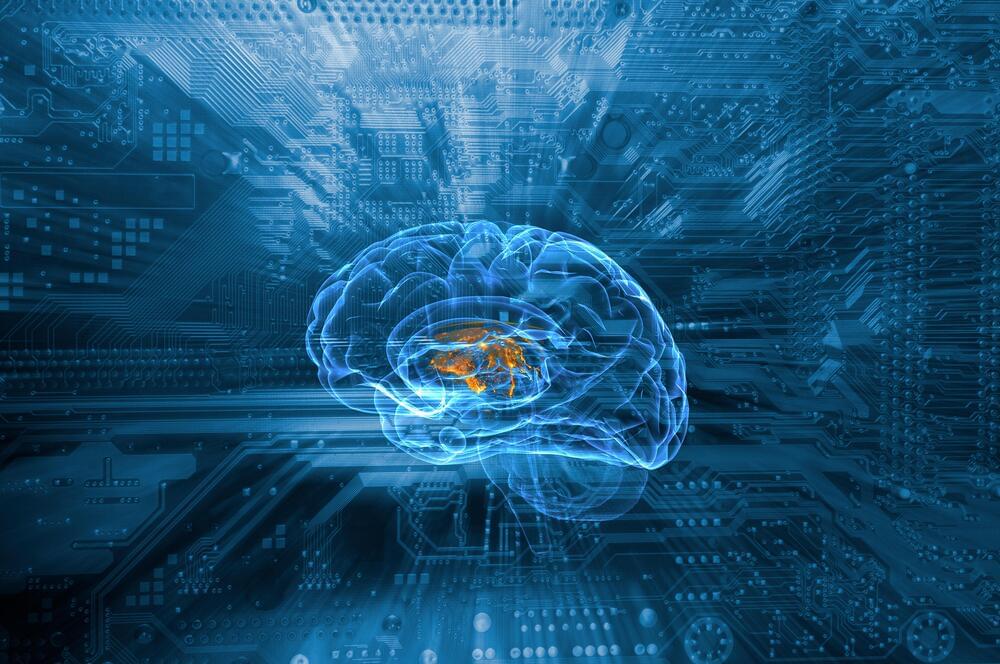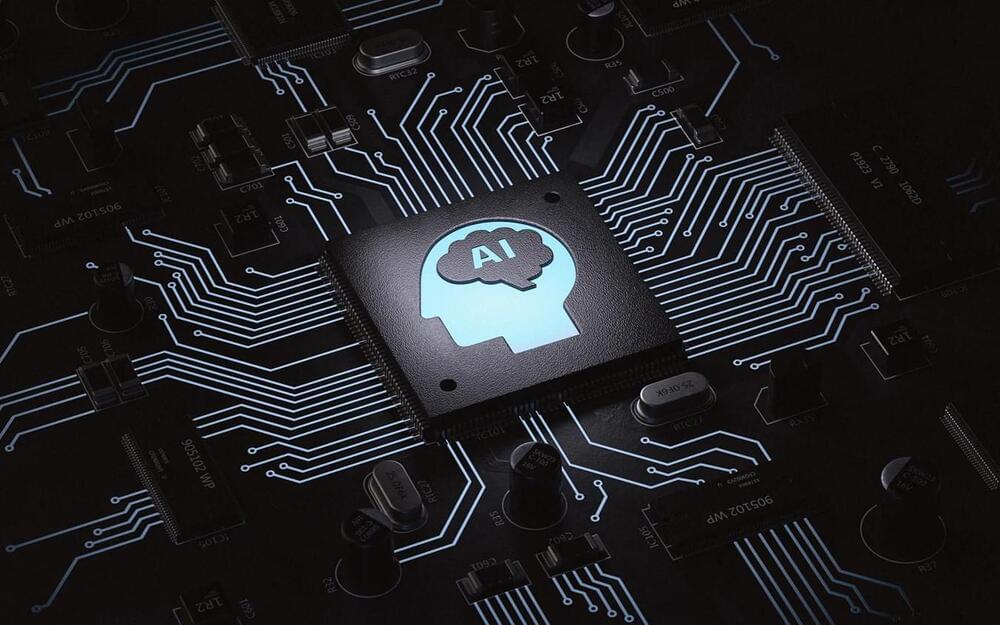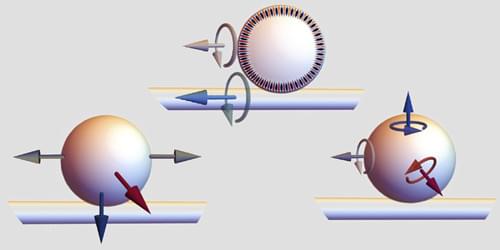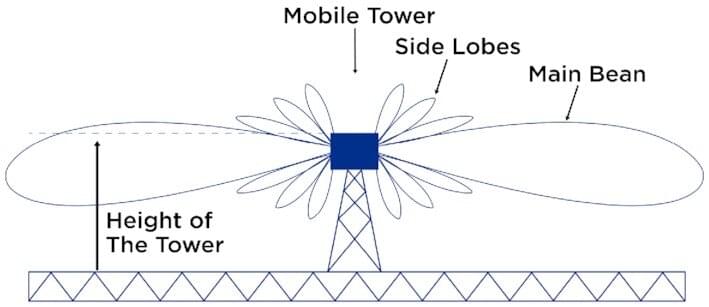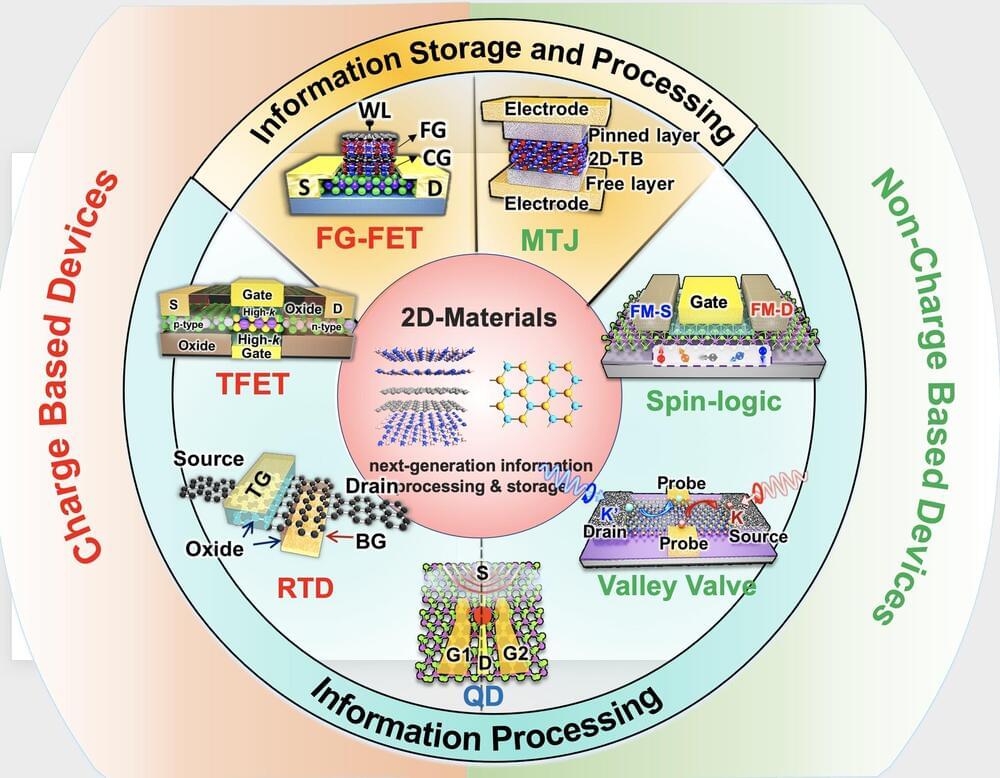May 2, 2023
PrivateGPT Tackles Sensitive Info in ChatGPT Prompts
Posted by Shubham Ghosh Roy in categories: health, robotics/AI
Amidst concerns that employees could be entering sensitive information into the ChatGPT artificial intelligence model, a data privacy vendor has launched a redaction tool aimed at reducing companies’ risk from inadvertently exposing customer and employee data.
Private AI’s new PrivateGPT platform integrates with OpenAI’s high-profile chatbot, automatically redacting 50+ types of personally identifiable information (PII) in real time as users enter ChatGPT prompts.
PrivateGPT sits in the middle of the chat process, stripping out everything from health data and credit-card information to contact data, dates of birth, and Social Security numbers from user prompts, before sending them through to ChatGPT. When ChatGPT responds, PrivateGPT re-populates the PII within the answer, to make the experience more seamless for users, according to a statement this week from PrivateGPT creator Private AI.
